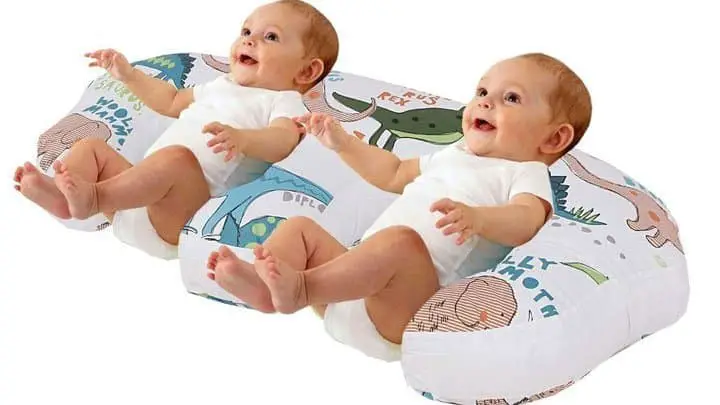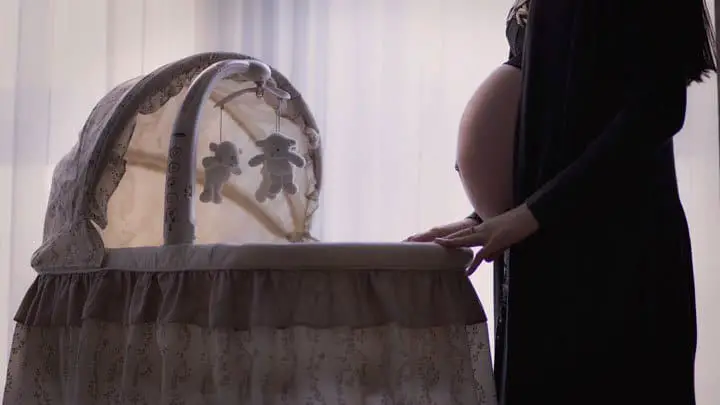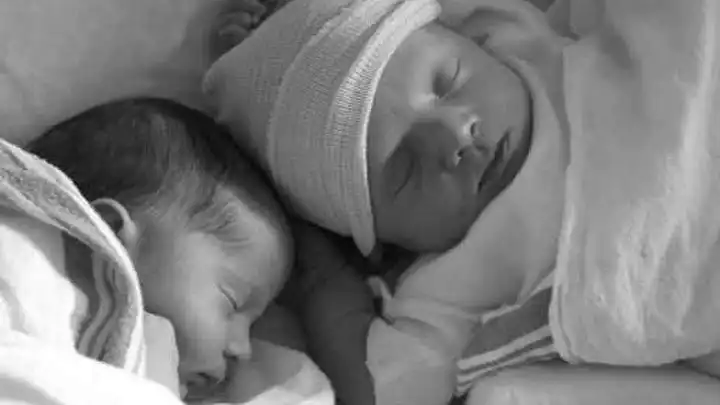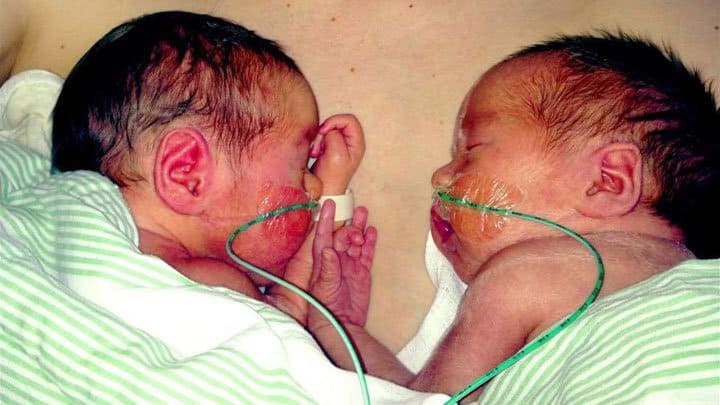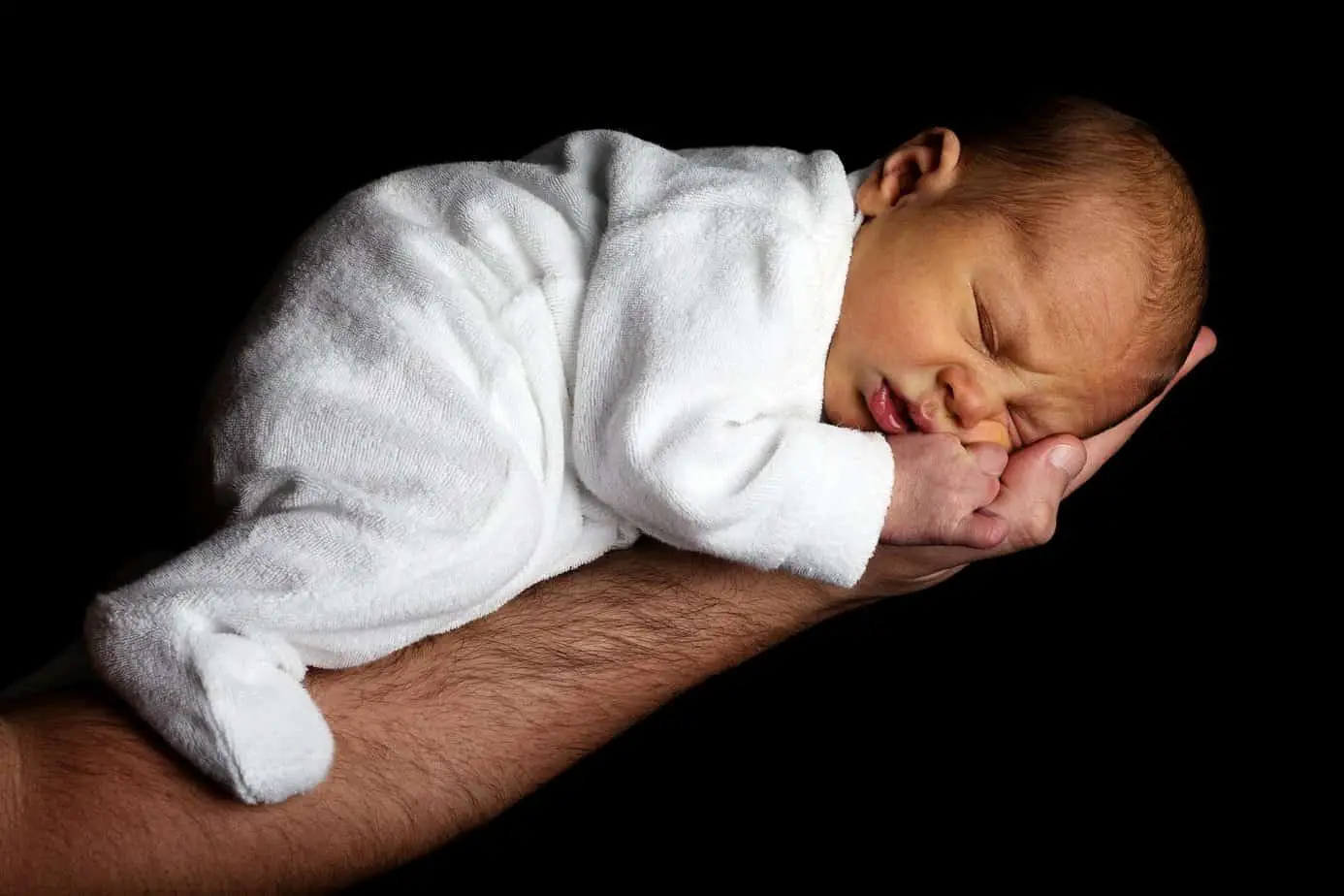Medically Assisted Conception: Increased Risk of An Unfavorable Outcome?
There’s contradictory results regarding the development of children born after medically assisted conception. Twins in general are at higher risk of an unfavorable neurological outcome, but does medically assisted conception increase the risk? An article published in 2017 examines whether the mode of conception influence the duration of gestation, quality of general movements at term* and neurological outcome. The researchers from the University Medical Centre Ljubljana in Slovenia performed a retrospective analysis of medical documentation in a group of twins.
* General movements refer to the qualitative assessment of spontaneous movement in the fetus, newborn, and young infant. It is an early and reliable indicator for diagnosis and prognosis of neurological disorders. Read more about General Movement Assessment (GMA).
At the age of two
The group of twins – 161 children in total – were divided in two groups. Children, who were born after medically assisted conception, were placed in one group, and children, who had been conceived without medical assistance, in the other. The results of the assessments of general movements in both groups were analyzed in relation to neurological outcome at the age of two years. The researchers concluded that the mode of conception does not influence the duration of gestation, quality of general movements and neurological outcome. There was no statistically significant difference between the two groups when it comes to quality of general movement, duration of gestation and neurological outcome.
